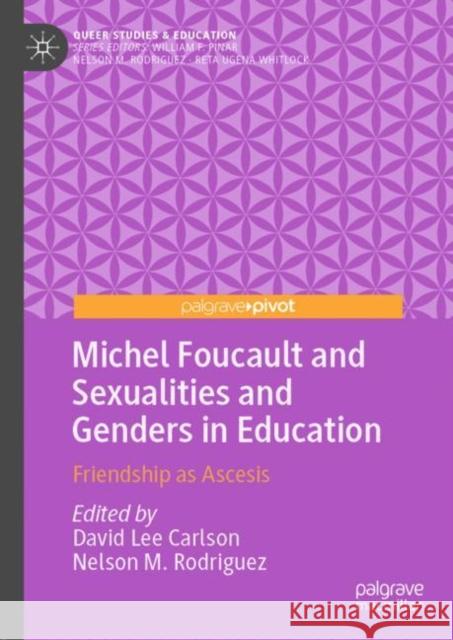Michel Foucault and Sexualities and Genders in Education: Friendship as Ascesis » książka
topmenu
Michel Foucault and Sexualities and Genders in Education: Friendship as Ascesis
ISBN-13: 9783030317362 / Angielski / Twarda / 2019 / 159 str.
Kategorie:
Kategorie BISAC:
Wydawca:
Palgrave Pivot
Seria wydawnicza:
Język:
Angielski
ISBN-13:
9783030317362
Rok wydania:
2019
Wydanie:
2019
Numer serii:
000796233
Ilość stron:
159
Waga:
0.36 kg
Wymiary:
21.01 x 14.81 x 1.12
Oprawa:
Twarda
Wolumenów:
01
Dodatkowe informacje:
Wydanie ilustrowane











